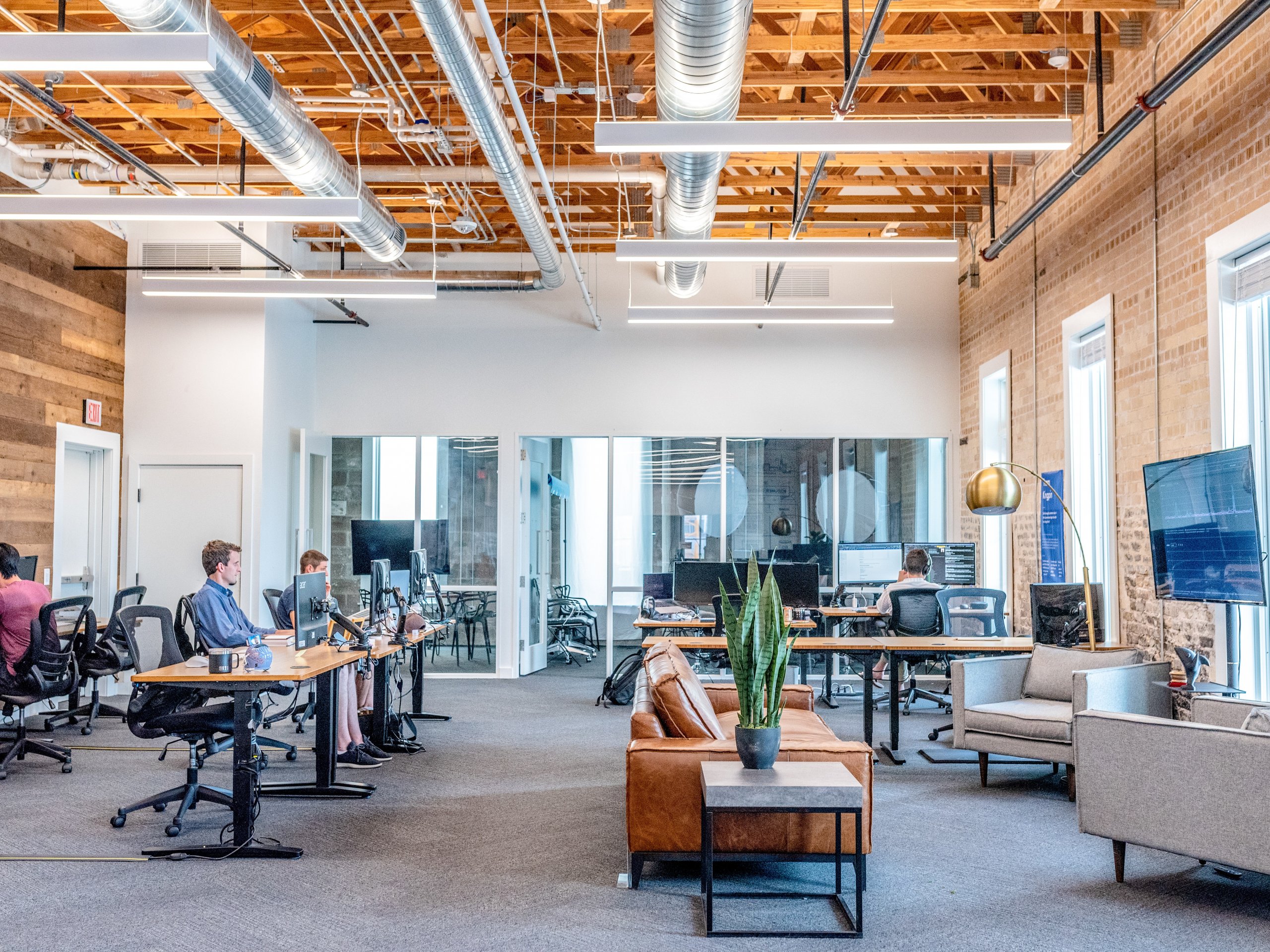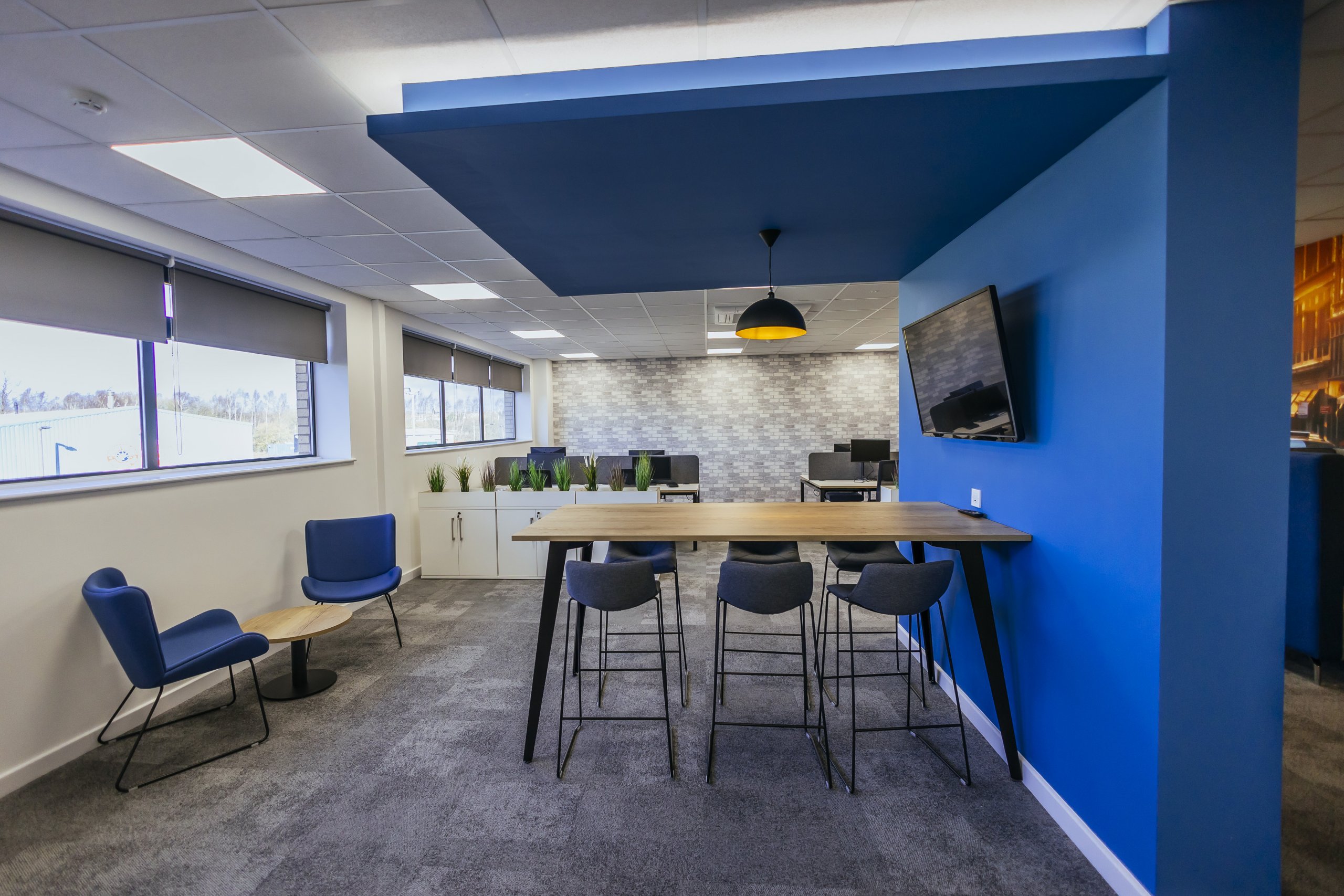The stiff upper lip has reigned supreme in British office culture for decades. Admitting to suffering from poor mental health seemed a more deadly sentence on your career aspirations and opportunities than declaring a fatal, physical illness. But no longer.
It has taken British business decades to come to the realisation that prioritising employee mental health, and physical health, isn’t only about reducing their sick leave and absenteeism stats.
As well as the personal cost on employees’ health and happiness, failing to promote positive health and happiness in the working environment has been proven to have a negative impact on the bottom line.
It’s not only that ‘The Man’ has become less of a faceless, anonymous figurehead and more likely a boss who is integrated into the company structure, and therefore knows and appreciates the people behind the job titles. No. As well as the actuality that your staff are real, complex people with varied needs, there is a more pragmatic, financial point here, too – so even the businesses which reside in an emotional vacuum cannot deny the good science behind looking after your employees.

Pragmatically: treating your employees well improves your bottom line
Plenty of research is illustrating that a ‘good employee’ is more than their record of attendance. With ‘presenteeism’ a real concern, costing UK businesses £29 billion annually according to a Deloitte survey in conjunction with Mind, there is so much more to productivity than clocking up the hours behind the desk.
Some employees get more done in three hours than others manage in a ten hour day; does that mean they should both sit behind a desk for seven hours? Some work well with music blasting and a buzzy, chatty background, others need isolation and near-silence. Some need social interaction on an almost daily basis, some function better when working predominantly remotely. Working out how people work best, and investing in
their personalities, helps bring out the best in staff, and bumps productivity sky high. Knowing and allowing for the personalities of your staff is the first way to bolster their health and happiness in the workplace.
Invest in the staff, invest in the business
Short term, investment in staff mental health, in particular, might seem indulgent; perhaps a big step for a new business, or one barely making a profit. But consider this Deloitte quote –
“On average, for every £1 spent on supporting their people’s mental health, employers get £5 back on their investment in reduced presenteeism, absenteeism and staff turnover”
Avoiding the pitfalls? Or leveraging the benefits?
It’s easy to assume a focus on employee health should concentrate on reducing a negative effect on your business’ bottom line, through (for example) minimising absenteeism. But it’s worth remembering that there’s more at stake than that. Not only can you negate the negative impacts, high employee health and happiness rates can actually boost your positive figures.
Wellness has been proven to improve employee engagement; companies with a highly-engaged workforce provided a 19.2% growth in operating income over a 12 month period. Investing in the health and happiness of the people you’ve hired allows them to function as their best selves. It’s a no brainer really, isn’t it?
Person-based, personalised improvements
Now you’ve decided that investing in your staff makes sense both morally and financially, how can you do it? Just throwing money at some ill-considered schemes could have the opposite effect.

The first step in improving office wellbeing is to ask staff for input. It’s no use suggesting a weekly yoga class if your staff would much prefer a bowl of fresh fruit in the fridge, or paying for monthly mindfulness sessions when what they crave is a social every Friday. Put in a beer fridge? They wanted fresh green plants and a lighting overhaul! Different improvements suit different workers, and no one size fits all.
When it comes to the working environment itself, this is in some ways an easier fix. The modern move towards an “Agile” environment (check out our blog post to better understand the concept of agile working) stresses the importance of individual spaces that are function-based. That means providing formal spaces, informal spaces, quiet spaces, social spaces – all thoroughly considered, and all equipped to function as successful working environments. The kitchen shouldn’t be a guilty stop en route to your desk – set up seating in there and it becomes the ideal spot for an informal brain storm or team meeting.
Jenny from accounts may work best in a quiet space and at a more traditional desk setup, whilst the marketing team may find it much easier to throw out ideas on a new client with an informal discussion around a shared table in a communal space. Ditto, some meetings require formality and absolute confidentiality, whereas some can be conducted informally on sofas. No, this doesn’t mean you have to expand your working area and throw money at it in the process – on the contrary.

Agile working actually means your employment setup is so much more flexible, and you can make a smaller space work for you. No longer is your hiring schedule dictated by your office space and exactly the number of desk units you can fit in there. With Agile working, you provide a few desks, change up the informal spaces to create comfortable working environments, and encourage flexible and remote working too. You just need space enough across all of the environments that might be conducive to work in within your company space. It seems a small thing, but being ‘allowed’ to work in the way that best suits your personality contributes greatly to productivity, and to happy, healthy staff.
How to boost employee health and happiness
As mentioned above, staff needs can be quite individual, so a small team may want to look into personalities individually whilst a large one might like to create surveys to ensure the wellness improvements you’ve planned suit the most staff members.
Overall, though, the crucial elements to focus on to boost staff health and happiness include:
Obviously some topics in the list above are easier to instil than others, but our specialism at Building Interiors is to help employers create a positive working environment through changing the building and layout aesthetically. This tends to have a knock-on impact on flexible work schedules, offering a great package of benefits, building a positive working environment and building employee camaraderie, as well as touching on some of the other points as well – so it’s a great place to start!
If you want to discuss how we could help you set up your environment to promote staff health and happiness, get in touch with Building Interiors today.